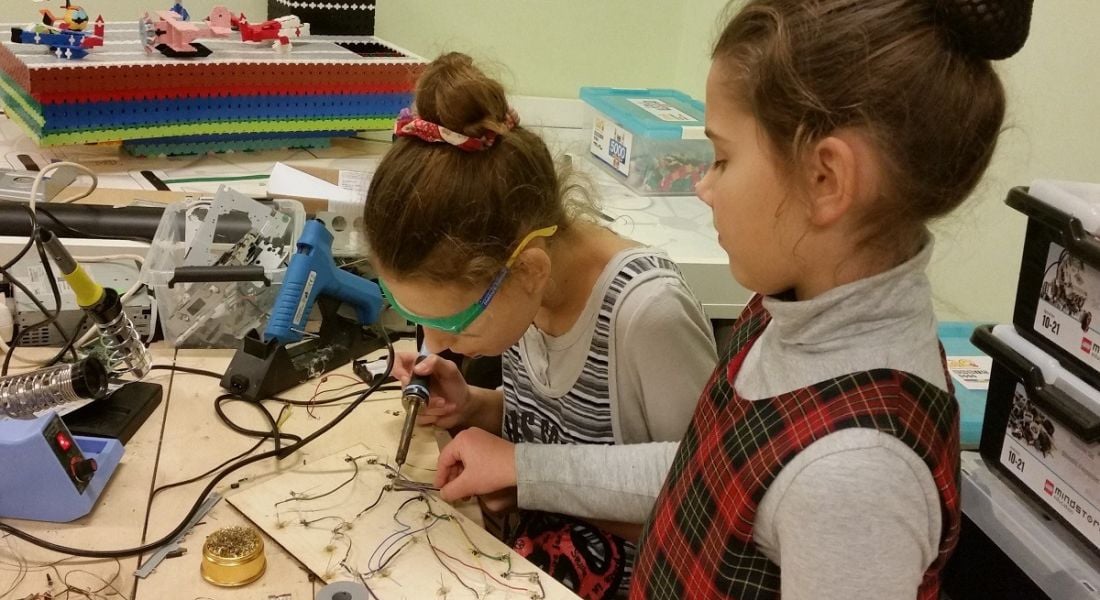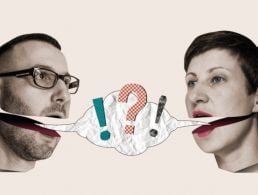NUI Galway says it is the first Irish university to join the EU’s Phablabs 4.0 project, which aims to offer photonics workshops to get kids interested in STEM.
The Phablabs 4.0 project was created under the EU’s Horizon 2020 funding programme as a way to introduce kids, teenagers and young adults to the exciting field of photonics, in the hope that it might lead to future careers in science, technology, engineering and maths (STEM).
As a field of research, photonics has enormous potential for societal changes, from food safety to autonomous vehicles, and data transmission in between.
From kids to young entrepreneurs
To help the next generation of researchers get on their way, the EU has made the project available to 11 universities across Europe, including NUI Galway (NUIG) – the first in Ireland to join.
Through the programme, NUIG has been given €84,500 to help set up the necessary foundation for courses and programmes to educate students, led by Prof Martin Leahy, chair of applied physics at the university.
It will provide a suite of 33 photonics workshops, 11 photonics challenger projects, and photonics toolkits for kids as young as 10, up to young adults over the age of 18.
These kits will include laser equipment, LED, lenses, optical fibre and programmable electronic chips, with all of the different modules in the project coordinated by the Vrije Universiteit Brussel in Belgium.
Starting June 2017
Located at the MakerSpace in the James Hardiman Library at NUIG, the Phablabs centre will also provide access and academic support to entrepreneurs who wish to prototype their ideas and avail of novel 3D-printing facilities and materials.
After the creation and design of modules in the first development phase, Phablabs Galway will test all workshops and challenger projects with the necessary components for hands-on design, fabrication and experiments.
From June 2017, different user groups will be invited to the Phablabs on campus to participate in test panels and give their feedback. This will run until March 2018.
Prof Leahy said: “We are delighted to be selected among the best photonics centres in Europe to harness and combine the world of photonics with the growing creative ecosystem of Phablabs.
“Photonics is one of the key enabling technologies driving the internet, cinema, medical diagnostics and device manufacture, art, intelligent robotics and, ultimately, the economy.”
Looking for jobs in tech or science? Check out our Employer Profiles for information on companies hiring right now and sign up for our Career Republic e-zine for a weekly digest of sci-tech careers news and advice.




